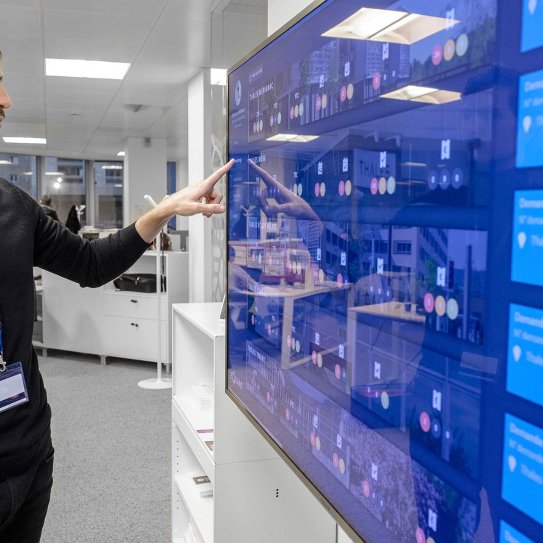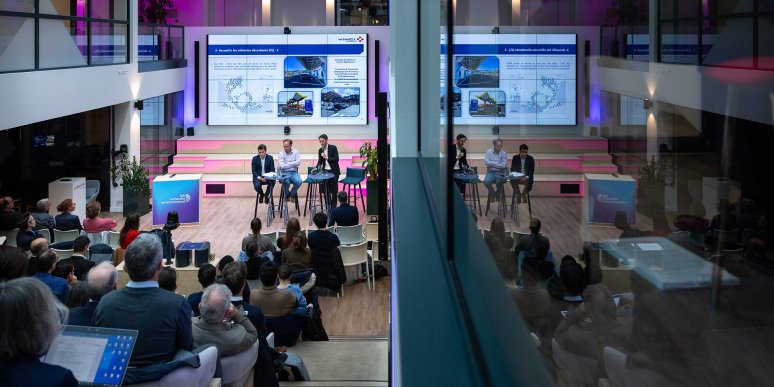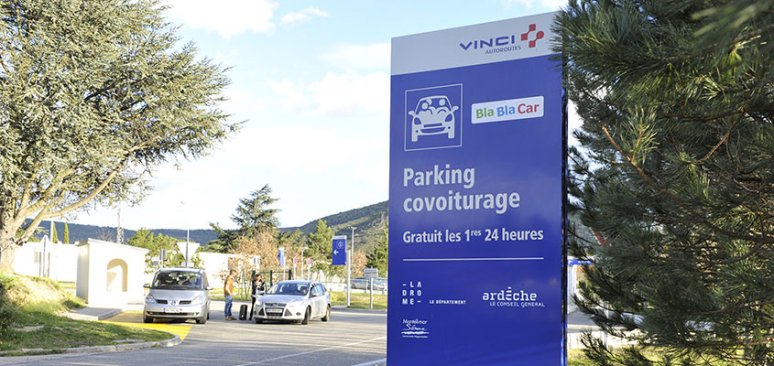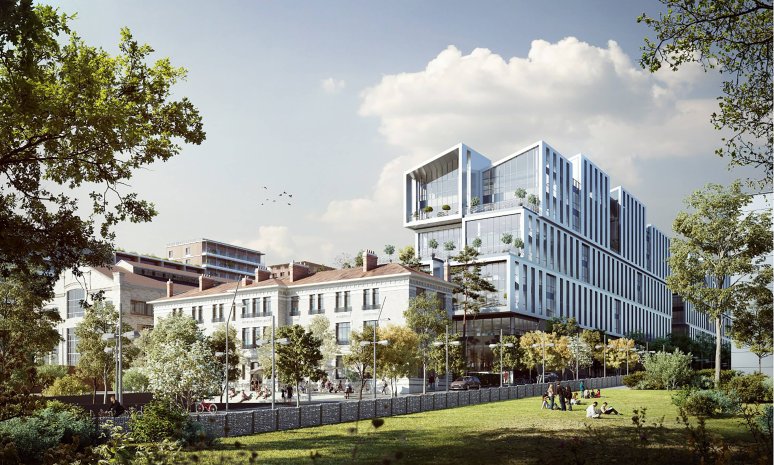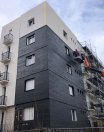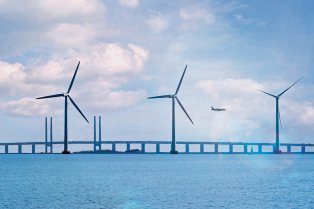
L’archipel, VINCI’s head office: rethinking ways of integrating a corporate structure into the city
By building VINCI’s headquarters in Nanterre on a 300 metre long brownfield around the railway line, we were able to recycle lost space and build the city over the city. Since 2021, l’archipel houses offices, shops and a new public transport station. As an extension of the public space, it serves two purposes at once: it showcases the Group’s expertise and business activities, as with the recycled and low-carbon concrete used in its construction, and takes positions in a responsible urbanisation approach, conceived for the long term, to serve users.
